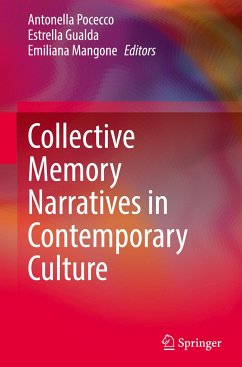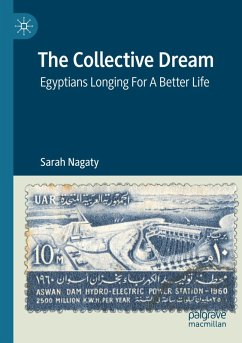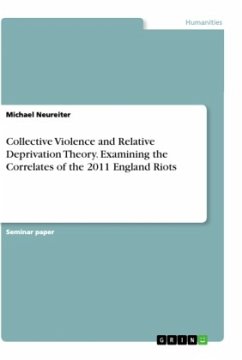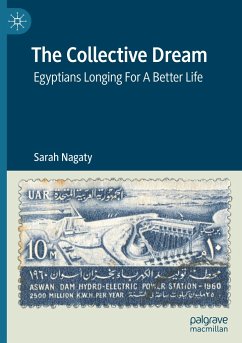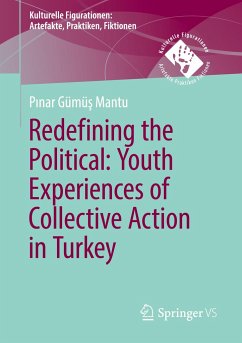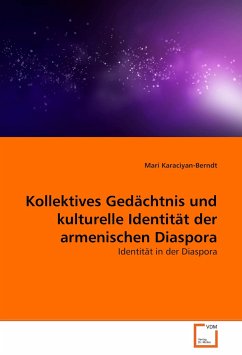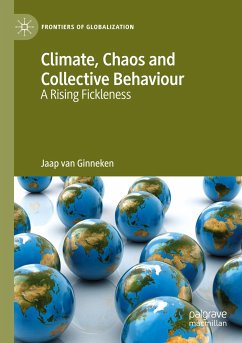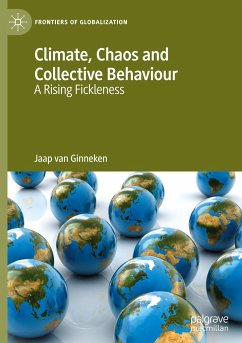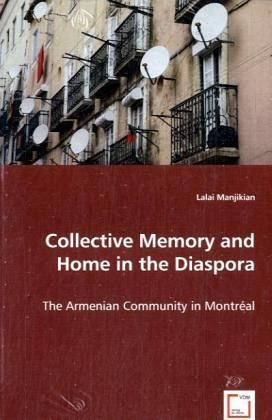
Collective Memory and Home in the Diaspora
The Armenian Community in Montréal
Versandkostenfrei!
Versandfertig in 6-10 Tagen
32,99 €
inkl. MwSt.

PAYBACK Punkte
16 °P sammeln!
This book examines the role of Armenian community centres, in relation to the local dwelling place of Montréal, the distant homeland, and the rest of the Armenian diaspora. Due to the staggering increase in migration and to the proliferation of transnational flows, our conception of home has substantially changed. Thus, what motivates immigrants to build centres representative of their ethnicity in their new dwelling places? Based on research at two Armenian community centres in Montréal, this book provides insight into how these mediated social spaces embody elements that represent the dist...
This book examines the role of Armenian community centres, in relation to the local dwelling place of Montréal, the distant homeland, and the rest of the Armenian diaspora. Due to the staggering increase in migration and to the proliferation of transnational flows, our conception of home has substantially changed. Thus, what motivates immigrants to build centres representative of their ethnicity in their new dwelling places? Based on research at two Armenian community centres in Montréal, this book provides insight into how these mediated social spaces embody elements that represent the distant home, the diaspora, and the local dwelling place. Through methods of participant observation and interviews, this analysis demonstrates how diasporan Armenians living in Montréal, negotiate multiple cultural identities through their involvement with Armenian community centres and also how ethnic community centres articulate a collective memory in the present. This book therefore sheds light on the challenges and the complexities diasporic communities face and can be useful to scholars interested in diaspora studies, migration studies, collective memory, social work, and in urban studies.




